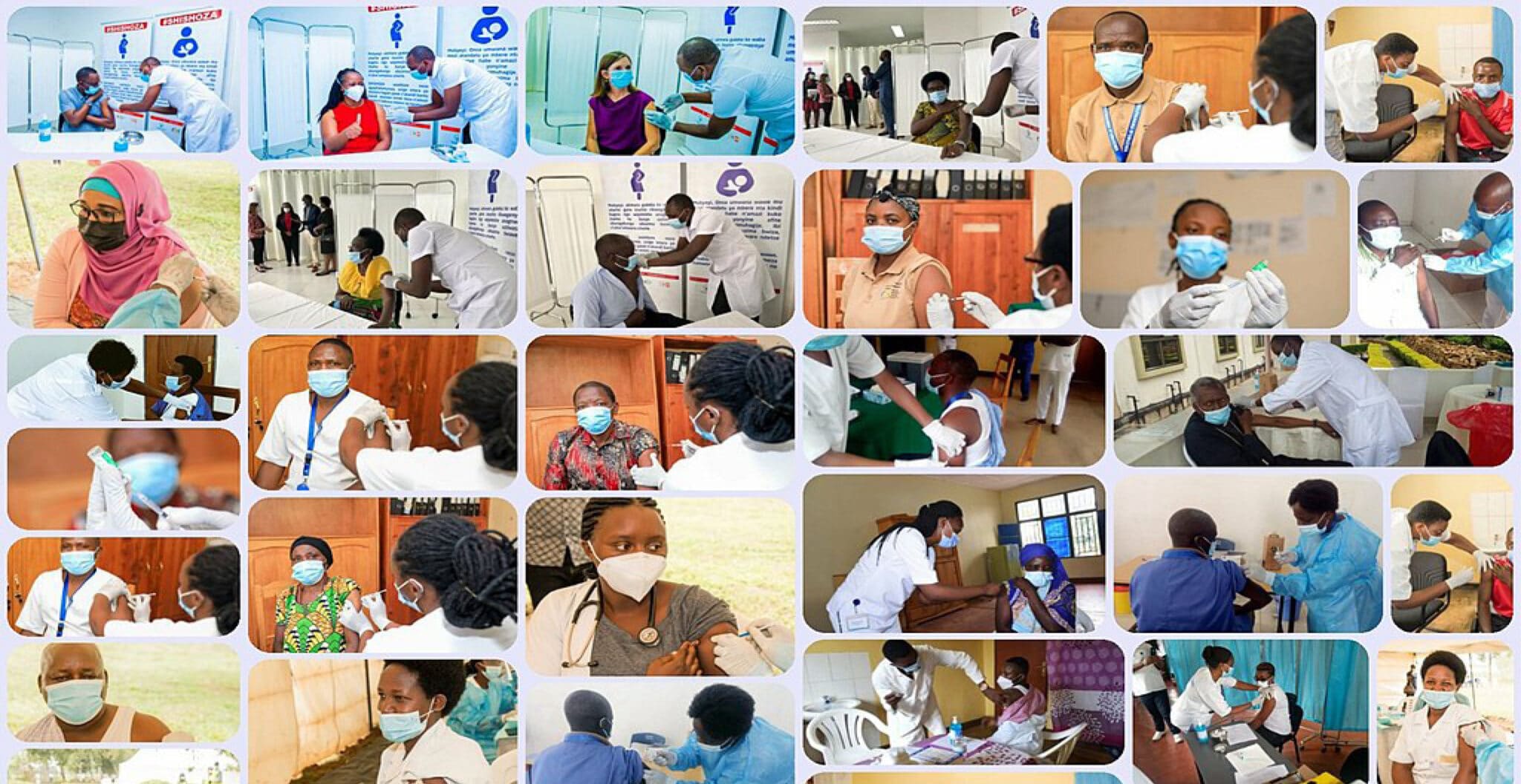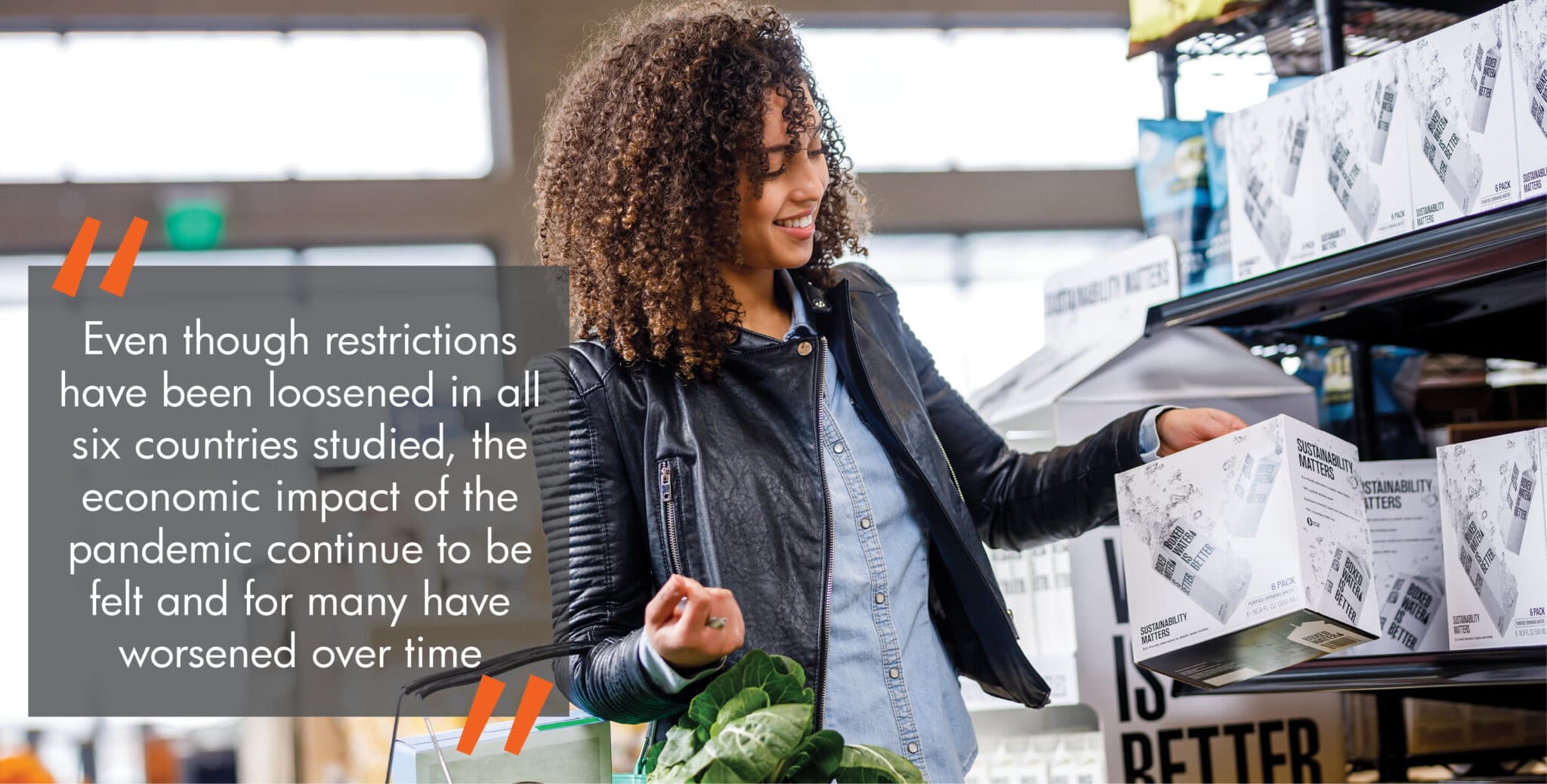Journal of Strategic Marketing Newsletter – March 2021
Journal of Strategic Marketing Newsletter – March 2021
NielsenIQ identifies new consumer groups emerging from Covid-19 pandemic
A whopping 78% of South African consumers say they have changed their purchase behaviour since the Covid-19 pandemic began, with no prospect of this returning to 2019 levels anytime soon. These findings stem from a new NielsenIQ study Unlocking Consumption in 2021 that also identified a rapidly growing group of newly constrained consumers who represent 66% of South African shoppers as compared to the 46% global average. The new groups are Existing Constrained, Newly Constrained, Cautious Insulated and Unrestricted Insulated. “The four new groups we’ve identified demonstrate real constraint in consumers’ ability and/or desire to spend freely,” said NielsenIQ Global Intelligence Unit Executive Director, Ailsa Wingfield. “Within this, the newly constrained and cautious insulated consumers represent a massive 84% of consumers who are scrutinising their budgets and changing their consumption behaviour based on the impact Covid-19 has had on their personal circumstances.”
IMM launches Project Management Fundamentals short course
After assessing the needs of the industry, the IMM Graduate School has developed a Project Management Fundamentals short course, designed to teach students how to effectively and efficiently approach and execute projects. Firstly, students will become familiar with the key characteristics and features of projects and explore the role of the project manager, with students being introduced to the 10 general areas of knowledge as set out in the ‘Project Management Body of Knowledge’. Students will also learn about the phases of a corporate strategy, project management methodologies and a feasibility study, which is the initial design stage of any project. Following on from this, students will dive deeply into the project planning process, which lays out the roadmap for the project and shows how the project scope will be achieved. Additionally, the monitoring and control of a project, which involves tracking the actual project performance against the project plan, is taught. Finally, students will come to understand how to plan the time intervals for monitoring and evaluation, monitoring of team performance, monitoring the project budget and other important activities all the way up to the correct procedure to follow when closing a project. Click here for more information on our Project Management short course.
Sir Martin Sorrell on Google’s cutting of the cookies
Sir Martin Sorrell’s S4 Capital, his answer to a ‘modern marketing network’, is perfectly placed to deal with Google’s plans for a ‘privacy-first web’. In an interview with The Drum, Sorrell said Google’s move away from third party tracking meant S4 would “thrive in a more disruptive market, and what Google has done is highly disruptive”. He said he scored the Mondelez business with a data and analytics brief. S4’s model is to advise clients on hardware, software and platforms they should be using. “We’re trying to guide people,” he told The Drum.
Loyalty lends a hand to local merchants, new data shows
In an otherwise gloomy economy, data from South Africa’s insights-based QR code payment provider, Zapper, has revealed some encouraging retail trends, giving hope to those who have survived the first year of pandemic challenges. Festive season data gave the company valuable insights into consumer behaviour. “Some of the key trends over the last year have shown the devastating effects of the pandemic – especially in the hospitality space. But they have also shown us how many of the more resilient merchants have turned to tech-based solutions, like the insights provided by loyalty programmes, to drive repeat business and encourage upselling,” said Brett White, CEO of Zapper. And he shared this nugget: “What is interesting, is that while customers were still tipping restaurant servers – with just a small drop off in the average tip percentage across the country, from 8.4% to 7.8% – Gauteng residents remain the most generous tippers when eating out with an average of 9.3% over the last festive season.”





